11 expert tips to speed up hair growth after having a baby (#5 is a self-care tip too)
From how to style your hair to what you should be eating, here's everything the experts want you to know about growing your hair after having a baby.
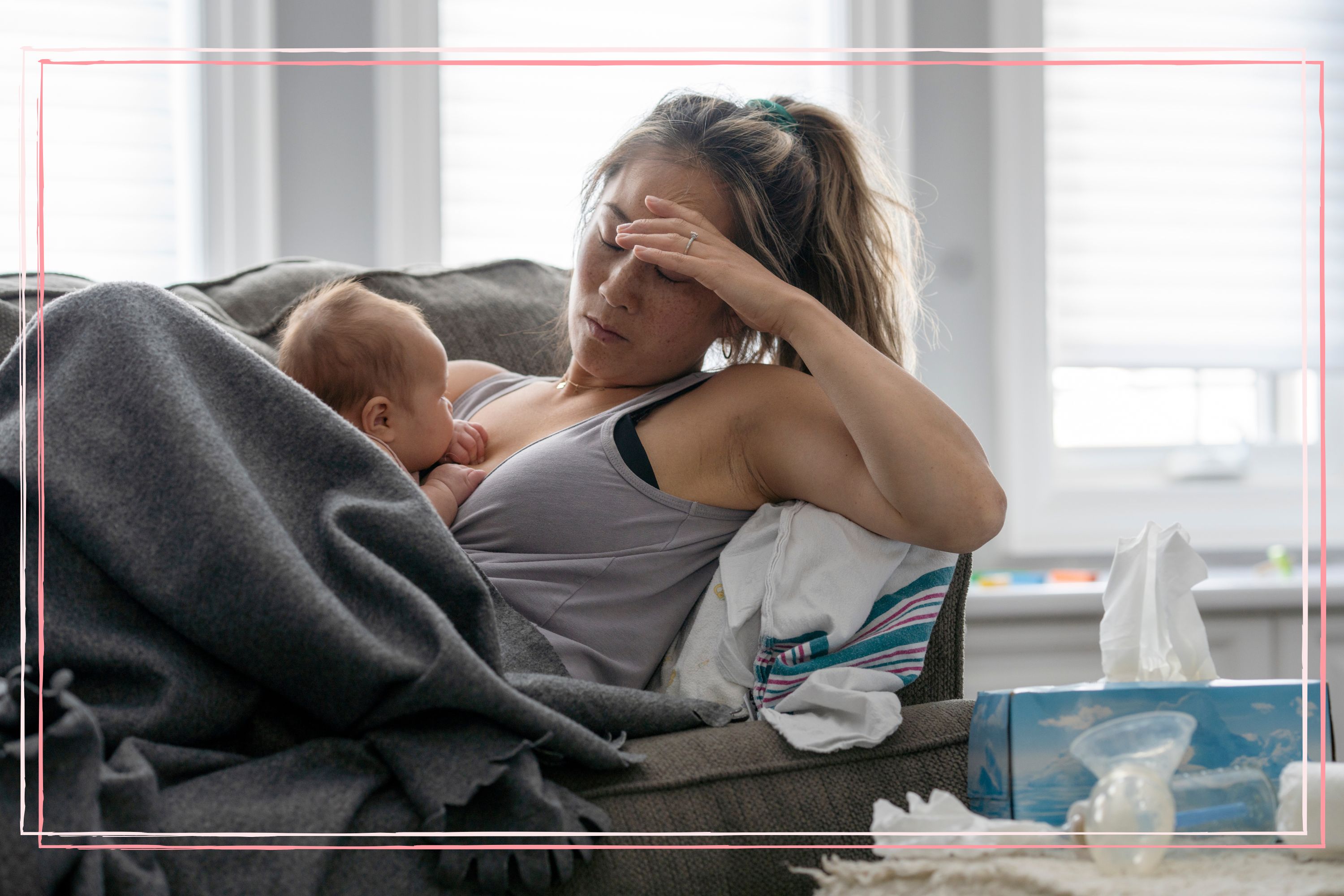

Experiencing postpartum hair loss? Check out these expert-approved tips to help grow your hair faster.
Pregnancy and the postpartum period see dramatic changes in your hormones, and one of the many things this has an effect on is your hair. If you've recently had a baby then you might have noticed that your hair appears to be thinning, and you may have tufts of hair sticking out around hair line, you're not alone. #postpartumhairloss has over 146k posts on Instagram, so you're not the only one searching for remedies for hair loss and tips for healthy hair, as well as the best products you can get your hands on - from hairbrushes and hairdryers to the best hair masks.
There are many treatments for hair growth out there, but as Dr Alexis from UK Meds told us, "The effectiveness of any treatment will depend on the underlying cause of hair loss and the individual's unique biology and health. Speak to a healthcare professional to determine the best course of treatment for your individual case of hair loss." With that said, here are some expert-approved tips for speeding up hair growth after having a baby...
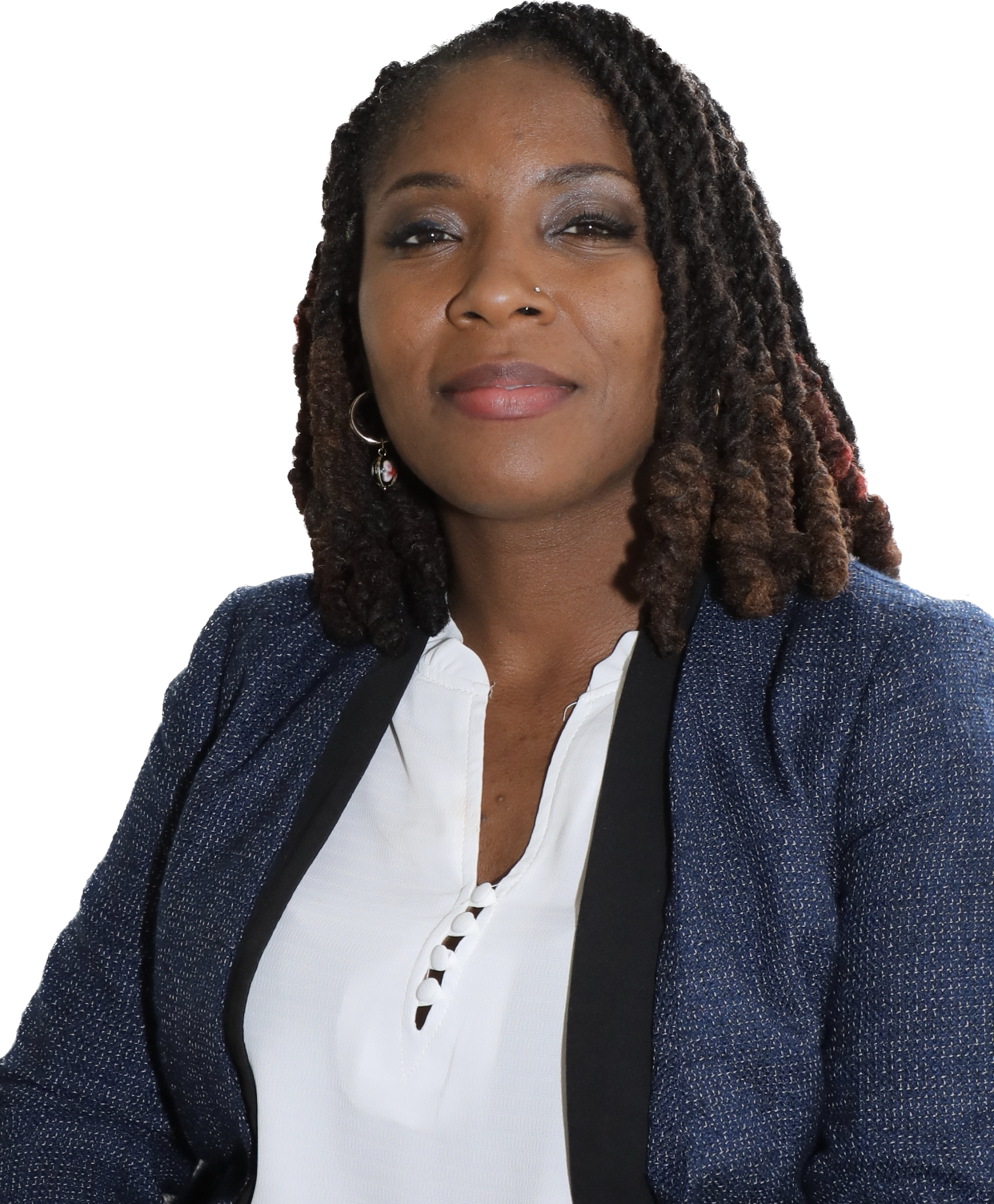
Alexis is an experienced General Practitioner (GP) having worked over 10 years in the NHS and 6 years internationally, mostly the Caribbean - namely Turks and Caicos where she is originally from. Alexis' approach in general practice is to holistically treat and empower patients via patient education, to share in their journey to better physical health.
How to grow hair faster after having a baby
1. Go easy on your hair to avoid damage
The first, and easiest step after having a baby, is to stop over-styling your hair with heat. Avoid using heat on your hair as much as you can if you're trying to improve the health and strength of your locks. And one study in the Cell Stress and Chaperones journal found that heat treatment increases the chances of individuals suffering from alopecia areata - an autoimmune disorder that can lead to unpredictable hair loss.
But as well as avoiding the straighteners and curlers, you should try not to use tight hairstyles. Dr Alexis says this "may help to prevent hair loss, particularly in individuals with textured hair."
She explains, "Tight hairstyles can cause a type of hair loss called traction alopecia. Traction alopecia is a type of hair loss that occurs when hair is pulled tightly for an extended period, which can damage hair follicles and lead to hair loss."

2. Avoid bleaching your hair to stop thinning
If you're a bottle blonde or like to get your hair lightened at the salon, then you might want to consider a new look to improve the health of your hair. While embracing your natural colour is best, anything that doesn't require bleach will likely improve the condition of your hair.
GoodtoKnow Newsletter
Parenting advice, hot topics, best buys and family finance tips delivered straight to your inbox.
Dr Alexis tells us: "Avoiding bleaching your hair may help to prevent hair damage and breakage, which can contribute to hair loss. Bleaching can weaken the hair shaft and make it more prone to breaking or falling out."
3. Adjust your diet to promote hair growth
The food we consume can affect all aspects of our body, and a lack of the right nutrients can exacerbate hair loss and slow down hair growth. While it's not always easy to follow a super healthy postpartum diet when you have a tiny human to look after, Dr Alexis suggested a few essential nutrients that can help with hair growth:
- Iron: Iron is an essential mineral that is necessary for the production of haemoglobin, which carries oxygen to the body's tissues - including the hair follicles. Without enough iron, the hair follicles can become weak and the hair can become brittle, dry, and prone to breakage. Foods that are rich in iron include red meat, poultry, seafood and beans/lentils.
- Protein: Hair is primarily made up of a protein called keratin, so getting sufficient protein in your diet is important for healthy hair growth. Foods that are rich in protein include meat such as beef and chicken, fish, eggs and dairy products.
- Omega-3 : Omega-3 fatty acids are essential nutrients that are important for many functions in the body, including maintaining healthy hair and skin. Foods rich in omega-3 include fish, nuts and seeds, plant oils and leafy vegetables.
4. Use a silk pillowcase for healthier hair
Silk or satin pillowcases are better for hair health than cotton versions, so switching to one of these fabrics may reduce hair loss. Though using one won't necessarily cause your hair to grow faster, there will be less friction between your hair and the pillow, therefore reducing tangles and breakage. Plus, silk pillowcases absorb moisture, meaning not only will they make your hair appear smoother and less frizzy, they're better for your skin too.
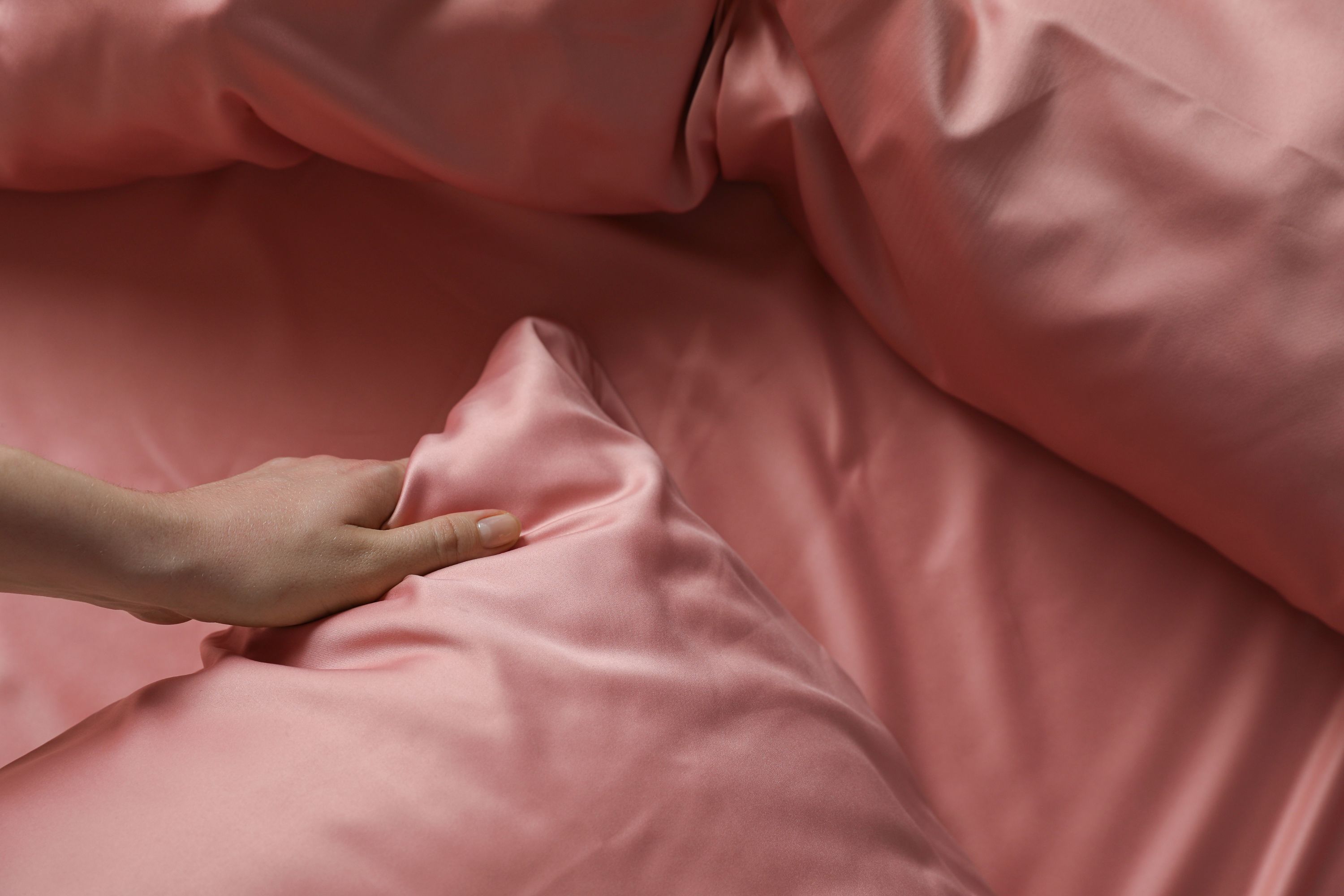
5. Try to manage your stress for improved hair growth
Research from Harvard Stem Cell Institute has found that chronic stress can lead to hair loss, so finding out how to manage stress in a way that works for you could have a positive impact on your hair.
Tips for coping with stress as a new mum:
- Try to schedule in some down time
- Get outdoors as much as you can
- Spend time in the company of friends and family
- Practice breathing exercises
- Talk about how you're feeling with your partner and loved ones
Dr Albena Kovacheva, Senior Surgeon at the Harley Street Hair Clinic explains, "Stress can exacerbate hormonal imbalances, which could make hair loss even worse. I'd recommend trying stress-reduction techniques, seeking support from loved ones, and engaging in relaxation practices to help manage stress levels. Having a new baby is a stressful time and you may also be dealing with minimal sleep. It is important to remember to ask a friend, family or loved one for a little bit of help if you need it."
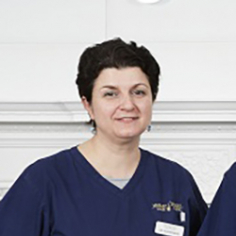
Dr. Kovacheva is a highly experienced specialist in Follicular Unit Extraction (FUE) hair transplantation and has been practising at Harley Street Hair Clinic for over a decade. Having performed over a thousand surgeries, she handles all aspects of the procedure, including graft extraction and implantation. Her primary focus is on treating male and female pattern hair loss, eyebrow restoration, scar repair, and sideburn restoration.
6. Choose the right shampoo to prevent hair loss
Using the right products for your hair can help prevent hair loss and also create the appearance of fuller, more volumised looking hair. It's been suggested that sulfates and formaldehyde - both common ingredients in shampoo - could contribute to hair loss, so you might want to consider swapping brands if these ingredients are listed in your chosen product.
However, it's worth remembering that there is no scientific research to back up these claims. Dr Alexis told us: "Milder shampoos may help prevent hair loss by reducing the risk of scalp irritation or damage to the hair follicles. Harsh shampoos can strip the hair and scalp of their natural oils, which can cause dryness, irritation, and inflammation. This, in turn, can damage hair follicles and contribute to hair loss."
Mild shampoos don't contain sulfates (such as sodium laurel sulfate or sodium laureth sulfate) but do contain conditioning agents, like silicones, proteins, and oils.
7. Use a hair brush that is gentle on your hair
Just like using a shampoo that is gentle on your hair, finding the best hairbrush for your hair type will also help to reduce hair loss, as they're an essential tool for reducing breakage when combing through knots.
Start from the ends of your hair and work your way up when brushing, and opt for a wide-tooth comb or paddle brush with plastic or wooden bristles. As Dr Alexis explains, "Using softer brushes or combs may help to prevent hair loss by reducing the amount of tension and pulling on the hair. Harsh brushing or combing can cause damage to the hair shaft and lead to breakage or hair loss over time."
8. Consider cutting your hair shorter for fuller looking hair
Truthfully, there's no sure way to prevent postpartum hair loss, and research from the scientific journal Annals of Pharmacotherapy supports this. As Dr Albena explains: "Postpartum hair loss is a natural and physiological process resulting from hormonal changes. While it cannot be prevented, certain measures can help minimise its impact."
If you're struggling with postpartum hair loss and are looking for a solution to make your locks look thicker and healthier, then the solution might be as simple as going shorter.
Alice Dawkins, hair expert at hair extension retailer Milk + Blush, told us, "As many mums already know, babies love to pull and tug on your already fragile postpartum hair. Not only does shortening your hair add thickness and reduce weight, but cropped hairstyles also hide the appearance of sparse areas.
"If you’re used to longer locks, consider investing in clip-in hair extensions to add length and volume on special occasions."
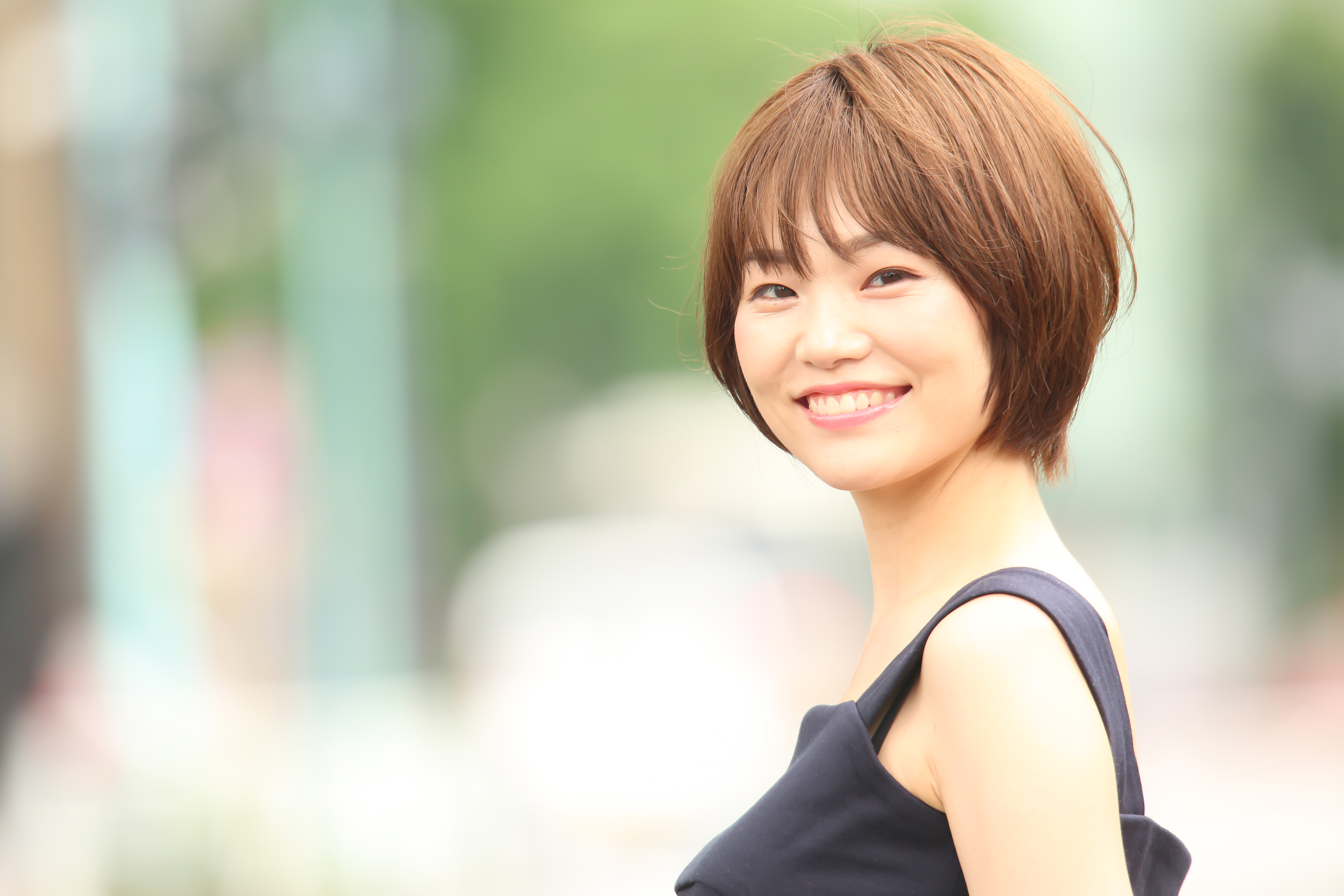
9. Treat yourself to a scalp massage to stimulate growth
One study in the ePlasty journal found that scalp massages resulted in increased hair thickness. This is because stimulating hair follicles encourages growth of thick hair, and a scalp massage may also dilate the blood vessels under the skin to promote growth.
Meanwhile, another study in the Journal of Physical Therapy Science found significant differences in cortisol (which regulates stress) and blood pressure between participants who received a scalp massage and those who didn't. Positive effects were observed on stress hormone, blood pressure and heart rate in those who received the scalp massage.
Therefore, not only can a head massage speed up hair growth after having a baby, it can also help to manage some of the stress and anxiety you may be feeling as a new mum.
10. Try vitamin supplements to help grow your hair
Eating a healthy, balanced diet is the best way to nourish your body for hair growth, but there's nothing wrong with trying vitamins and supplements too - just bear in mind these will only be effective if you have a deficiency in your diet.
Dr Alexis recommends trying the following vitamins:
- Biotin: Biotin is a vitamin that is important for the growth and maintenance of hair and skin. Some studies suggest that using a biotin supplement can improve the thickness of hair and can help to reduce hair shedding.
- Zinc: Zinc is an essential mineral that is important for a variety of bodily functions including the immune system and wound healing. Zinc can also play a role in the synthesis of keratin, a protein that makes up hair, skin and nails.
- Vitamin C: While there is limited scientific evidence to suggest that vitamin C supplements may help stop hair loss, it is important for overall health and can support healthy hair growth.
11. Consider asking your doctor about prescription treatments for hair growth
While it's important to remember that postpartum hair loss is totally normal and caused by the hormonal changes your body goes through during pregnancy and birth, if you're hair hasn't regained it's previous fullness after one year you may want to visit a doctor or dermatologist.
Dr Alexis told us: "It may be worth considering medications that treat hair loss such as minoxidil, which has been approved as a hair loss treatment for women. Minoxidil works by increasing blood flow to hair follicles and promoting the growth of new hair follicles, which push out older, dormant hairs."
It's important to note that minoxidil should not be used during pregnancy, though it poses minimal risks if used while breastfeeding. Always speak to your GP if you are unsure if medical treatment is best for you.
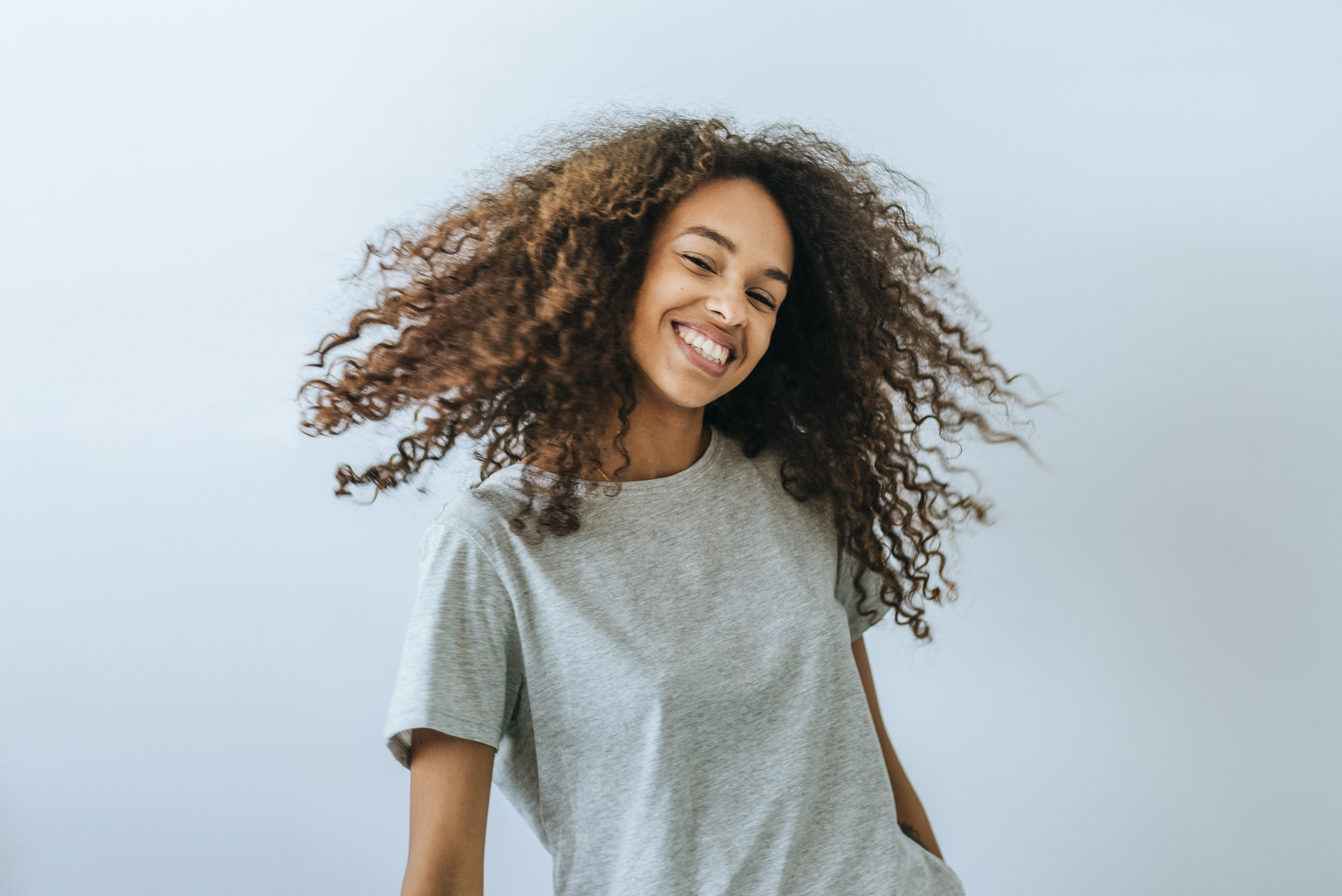
When does postpartum hair loss start?
Dr Albena tells us that "Postpartum hair loss commonly begins around three to six months after childbirth. This timing corresponds to the period when hormonal changes that occurred during pregnancy start to normalise."
During pregnancy, the hormone oestrogen is produced in large amounts to help suppress the immune system, improve blood circulation, and support the growth and development of the baby, which causes hair to grow faster, thicker and healthier.
A few months after giving birth, the abrupt shift in extra hormones back to normal levels causes hair to enter the resting phase of the growth cycle, triggering hair thinning and shedding in some women.
Dr Albena adds, "While it’s normal for everyone to shed hair daily, after birth you may notice hair coming out in clumps rather than strands. This may seem shocking, especially compared to the thick and full hair that many experience during pregnancy, but it is completely normal."
How long does postpartum hair loss last?
The majority of mothers will experience postpartum hair loss following pregnancy, and this normally peaks at around 4 months after birth. However, hair may not regain its full thickness until at a year following birth.
Dr Alexis explains, "After a woman has given birth, hormonal fluctuations can cause hair follicles to enter the resting phase, which can lead to an increase in hair loss. The duration of postpartum hair loss can vary from person to person. It can last for around 6 to 24 weeks, and rarely lasts any longer than 15 months."
Dr Albena adds, "As the body's hormone levels return to their pre-pregnancy state and stabilise, the excessive shedding diminishes, and the hair growth cycle resumes its normal pattern. In most cases, hair will return to its pre-pregnancy thickness and appearance over time."
When does postpartum hair loss stop?
Usually, postpartum hair loss stops around three to six months after giving birth, as the hormone levels in the body return to their pre-pregnancy state.
Once the hormonal fluctuations stabilise and the body returns to its prepartum state, the hair growth cycle normalises, and the excessive shedding diminishes. This typically occurs several months after the initial onset of hair loss, and it is rare for hair loss to last any more than 15 months after birth.
How to prevent postpartum hair loss
Postpartum hair loss is experienced by many women after giving birth, and should stop on its own eventually. However, Anabel Kingsley, consultant trichologist at Philip Kingsley, has offered some tips on how you may be able to prevent hair from falling out.
- Maintain a balanced and varied diet: Eating a nutritious diet rich in vitamins, minerals, and proteins can support overall hair health.
- Gentle hair care: Avoid hairstyles that cause tension or pull on the hair. Be gentle when brushing or styling your hair and avoid excessive heat or chemical treatments.
- Manage stress: Stress can exacerbate hair loss, so finding ways to manage stress levels, such as through gentle exercise, relaxation techniques, or seeking support from friends and family, can be helpful.
- Use volumising products: Some hair care products, like volumising shampoos and conditioners, can help give the appearance of fuller hair.
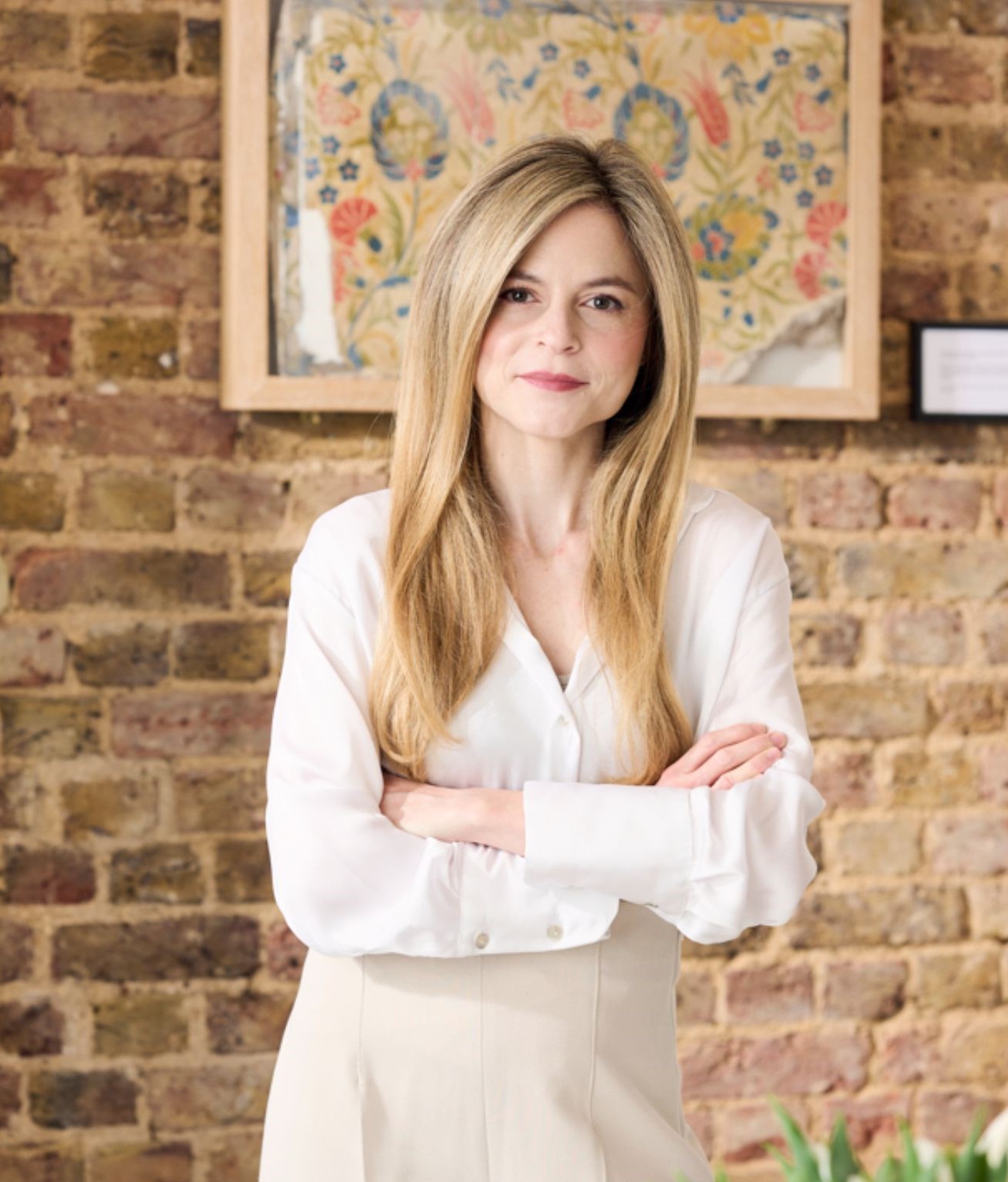
Anabel Kingsley is Brand President and Consultant Trichologist at Philip Kingsley, otherwise known as the leading authority in hair and scalp health. Since Philip Kingsley passed away in 2016, Anabel has taken the reigns at the brand, leading its Trichological Clinics in both London and New York, as well as driving the company’s product retail range that stocks at the likes of Harrods, Selfridges and Net-a-Porter.
If you're looking for ways to style and look after your postpartum hair, take a look at our guides on the best hair brushes for your hair type, the best products for frizzy hair and the best hair dryers for all hair types.

Ellie is GoodtoKnow’s Family News Editor and covers all the latest trends in the parenting world - from relationship advice and baby names to wellbeing and self-care ideas for busy mums. Ellie is also an NCTJ-qualified journalist and has a distinction in MA Magazine Journalism from Nottingham Trent University and a first-class degree in Journalism from Cardiff University. Previously, Ellie has worked with BBC Good Food, The Big Issue, and the Nottingham Post, as well as freelancing as an arts and entertainment writer alongside her studies. When she’s not got her nose in a book, you’ll probably find Ellie jogging around her local park, indulging in an insta-worthy restaurant, or watching Netflix’s newest true crime documentary.